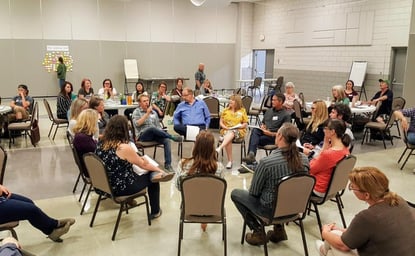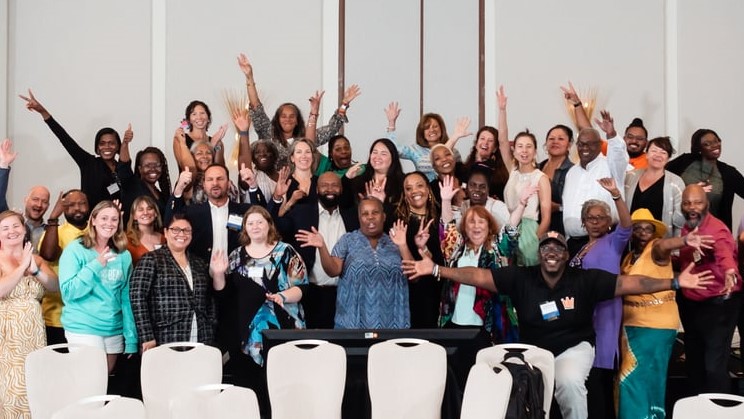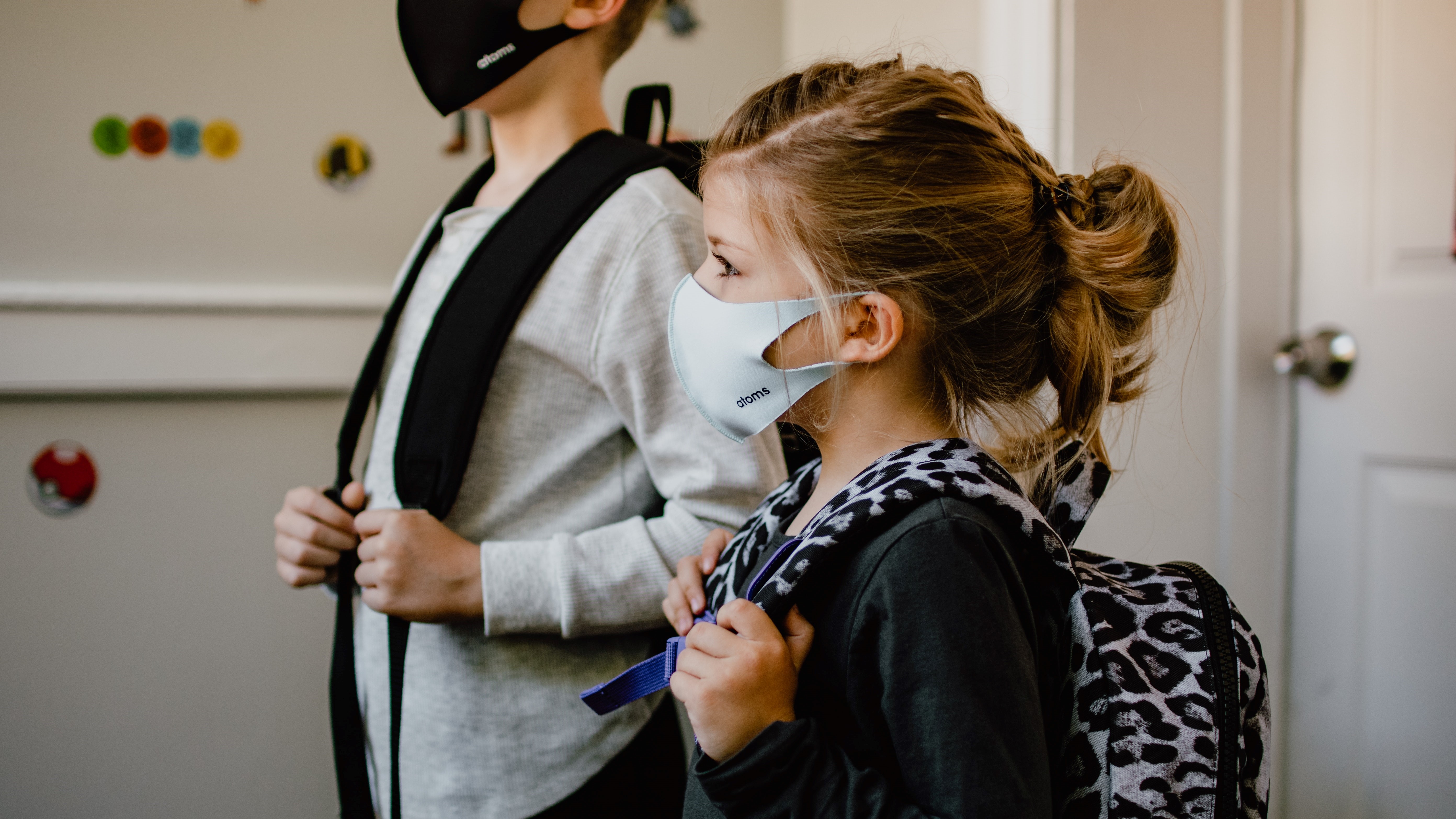
The impact of COVID-19 has been swift and intense, and has stopped the world-as-we-know-it in its tracks seemingly overnight. Unnerving as it may be, perhaps a shock like this is just what was needed for us to pause and truly give thought to what isn’t working, and what has to change. For months now, the world has listened (and agreed with) Greta Thunburg as she urged us change our relationship with this earth...but in practical terms nothing much changed. Now, everything is changed. So if the dark cloud of crisis were to have a silver lining, perhaps it is that we no longer have a choice but to look at how we can do things differently – for the time being and for the foreseeable future; and a big part of moving forward can be achieved by working together to achieve our common goals.
While the uncertainty of not knowing what things will look like has generated a lot of fear – in particular where the economy is concerned, we can use this opportunity to shift away from such a heavy dependence on financial capital towards other forms of capital, especially social and cultural. Indeed, amidst all the panic and physical isolation due to the closure of facilities, schools, universities and businesses alike, one thing has remained certain – the need for connection and sharing, even if at a distance. These seem even more important during this time where many have now lost their means of income and where mental health will become precarious for many. People have begun to mobilize in truly amazing and innovative ways, all in the interest of the greater good. The joint actions of individuals working towards collective goals such as restoring our health, social systems and economy are prime examples of a collective impact, and it only works if we all work together.
We’re all in this together
We have seen how fragile the economy is across the globe, and in the face of an over-night global economic stand-still, inequalities have become exacerbated. For those who are already experiencing affordability challenges – be it around shelter, food, or transportation, the challenges become even bigger. Those who are – or were – precariously employed now find themselves out of work, with little to no resources or benefits to help see them through this period. Small and medium businesses that were thriving have now had to shut down, with new concerns over their viability. With all this upheaval in the economic world, we may find more people in need of accessing resources, which will place an added stress on the already stretched social sector.
Yet, it seems everyone is stepping up to the plate.
We have seen people in the helping professions and that serve the vulnerable step up to the challenge by modifying the way they work. The local food recovery program and food bank for example, are programs that cannot shut their doors. Now more than ever, people will be relying on their services and needing to access the supports that the organization offers.
Local essential businesses have modified their hours for the most vulnerable, and upped their delivery services. The local distillery, Monashee Spirits, is offering free, in-house made hand sanitizer; BC Transit is now offering free service to those needing to get around; and Service BC has revised hours in order to continue to offer its core services to individuals in need of assistance. Non-profit organizations such as Hospice and the Women’s Shelter, Revelstoke Community Response Network are working together to create coordinated responses to the emerging mental health and emotional health support needs as a result of physical social distancing measures – especially for seniors and our most vulnerable.
The federal and provincial governments have come out with comprehensive packages to help alleviate the some of the burden people will be feeling, though it may still not be enough for people to recover quickly from such huge and sudden losses. The government of Canada is also offering flexibility and deferrals on mortgages, tax payments, and student loan payments. Not only will it be supporting businesses through this, it has also announced, that it will be pouring money into homeless shelters ($157.5 million) and women’s shelters ($50 million). Perhaps the most impressive – and unprecedented move, is the implementation of a universal basic income, even if temporary.
The Canada Emergency Response Benefit provides individuals who have lost their jobs or who are otherwise unable to work and who are ineligible for Unemployment Insurance with a basic income of $2000 per month for 4 months. This is great news for those who are self-employed and the precariously employed … but for those who have low literacy skills and struggle to navigate government systems (especially online), accessing those funds could be a barrier in and of itself, as is the four-month time limit. Nonetheless, this could be an amazing opportunity for Canada to “pilot” a universal basic income.
Provincially, B.C. will be pouring $5 billion in economic support and is also supporting individuals with a one time, $1000 tax-free benefit for people unable to work due to the crisis. It is also offering up to $500 per month for rent for the next four months, as well as halting all evictions while supporting landlords. It is also looking at other options to help renters by expanding the Rental Assistance Program and the Shelter Aid for Elderly Renters program. It will also be spending $2.2 billion on businesses.
At the municipal level, the City of Revelstoke is offering support and resources for local business owners who have been affected. Community Futures, for example has put together a framework for emergency loans to support local businesses as well, which includes temporarily suspending payments.
Working towards common goal
‘Vibrant Revelstoke – Affordability for all’ is a local initiative that has brought together people from across all sectors – business, social, local government, and people with lived experiences of poverty and affordability challenges. Together, they are advocating for change and are coming up with positive and long-term solutions to these challenges.
Interestingly, at a “big event” held in June 2019, and in a more recent community aspiration workshop that took place in February 2020, two main immediate priorities emerged: the need for stronger community connections, and the ever-present need for affordability. Somehow, COVID-19 is asking for us to look at these very two priorities as a community, and a country.
While fear and judgement are still out there, it’s important to keep sight of these two community goals. We can expect more people to experience affordability challenges in the months to come – how can we make things more affordable during these times of economic instability? As well, we know that we are unable to convene in person. So, in the face of potential social network breakdowns, how can we stay connected, compassionate, and support each other as a community? If before COVID-19, affordability and reducing social isolation/increasing connectedness had already been identified as main priorities, how can we forge ahead with the new challenges imposed by this virus?
We have seen multiple grassroots initiatives in town and across the country, and even the globe that have addressed both of these aspects: universities have offered online courses for free; film festivals, musicians, artists, yoga teachers and more, have all begun streaming free content online; and numerous other ‘caremongering’ initiatives have sprouted across the country in an attempt to share and connect.
We know this thing isn’t going to go away tomorrow, and that we are all in this for the long haul. If that isn’t a strong motivator for us to adapt and come together, then what is? We are resilient, and out of need comes innovation. An unprecedented opportunity now stands before us, to leverage this crisis to create a more resilient and compassionate Revelstoke. Now is the time to work together (but apart!) to ensure that our community and our country become better able to withstand crises of all kinds in the future. The more we do now, the better off we will be tomorrow.
Read More:
- Learn more about Vibrant Revelstoke – Affordability for All and join the conversation
- Read Lisa Cyr's original article
- Read the full Revelstoke Case Study





